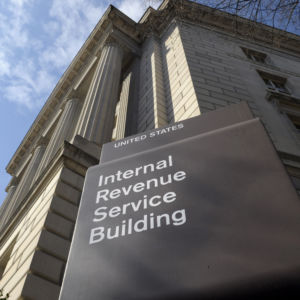Re-published with permission from Josiah Bartlett Center for Public Policy.
IRS migration data show that “taxpayers prefer to move to states with lower tax burdens and away from states with higher tax burdens,” an analysis from the National Taxpayers Union shows. (The data are from tax returns received in 2019 and 2020.)
“Right from the start, the three states losing the most taxpayers and income – New York, California, and Illinois – are the three largest high-tax states. The top two states gaining taxpayers and income, Florida and Texas, are the two largest low-tax states (Arizona, though it does not have this reputation to the same extent, still enjoys a below-average tax burden).”
“The top ten states gaining taxpayers acquired a net total of 321,000 households and $53 billion in AGI [Adjusted Gross Income]. On the other hand, the top ten states losing taxpayer dollars lost a net total of nearly 367,000 households and $58 billion in AGI.
“All told, the top ten states losing the most income had a weighted average of about the 11th-highest tax burden in the country that year, according to Tax Foundation statistics. The top ten states gaining the most income, on the other hand, had a weighted average of about the 38th-highest (or the 12th-lowest) tax burden in the country.”
The overall trend held when states were ranked for total tax burden and property and income tax rates.
“Additionally, states with distinct advantages to their tax systems tend to gain taxpayers. Florida, Nevada, Texas, and Tennessee all have no individual income tax and all appear in the top 10 states gaining taxpayers. Meanwhile, every state in the top ten tax migration losers levies an individual income or sales tax.”
No-income-tax states Nevada, New Hampshire and Wyoming, and states without a sales tax (Montana, New Hampshire, and Delaware) make the top-ten list after adjusting for population size.
“The IRS tax migration data showcases the sharp distinctions between states losing and gaining taxpayers,” the NTU analysis concludes.
“States gaining taxpayers tend to place less of an emphasis on draining the wealth of their taxpayers into state coffers, instead allowing taxpayers more freedom with what they do with their own money. Taxes are an important factor that taxpayers consider when deciding where to live.”





